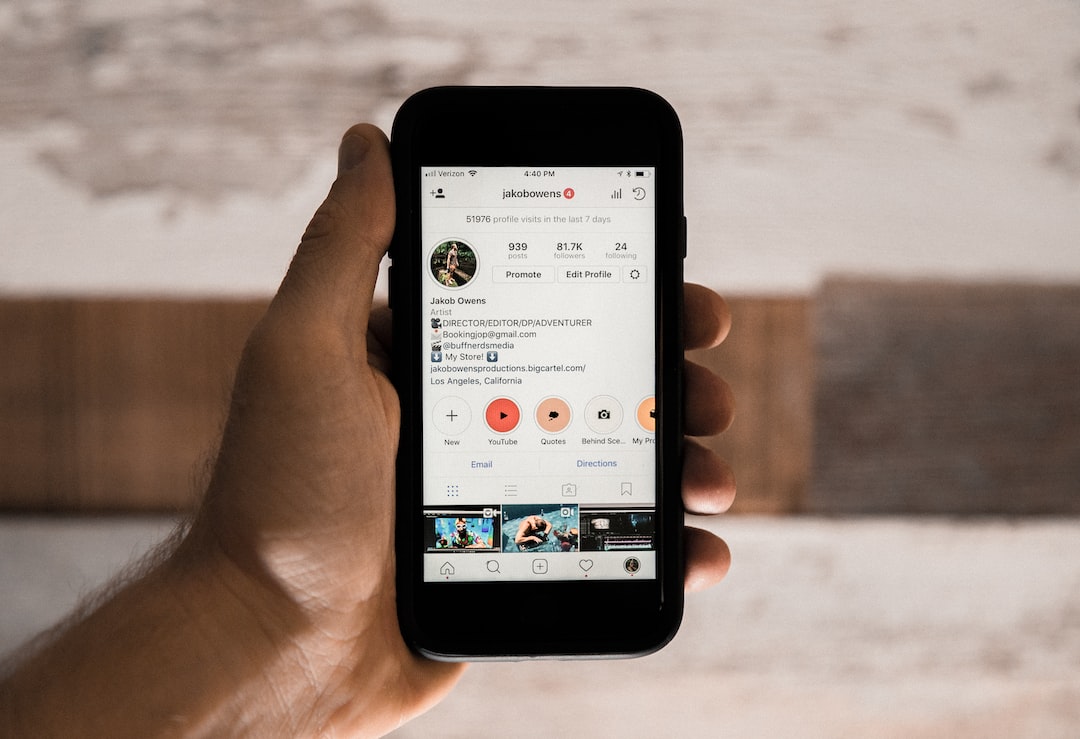In today’s digital age, social media has become an integral part of our daily lives. Whether you are a teenager, a professional, or even a senior citizen, it is highly likely that you have some form of presence on social media platforms such as Facebook, Instagram, Twitter, or LinkedIn. These platforms have brought about a revolution in communication, making it easier than ever before to connect with others, share information, and stay updated on current events.
One of the most significant ways in which social media has revolutionized communication is by breaking down barriers of distance. In the past, communication with family, friends, or business associates who lived far away would often involve long-distance phone calls or physical letters. With the advent of social media, these barriers have been virtually eliminated. Now, it is possible to have real-time conversations with people on the other side of the world at the click of a button. This has made the world a smaller place, allowing us to connect with others irrespective of geographical boundaries.
Furthermore, social media has also democratized communication, giving everyone a voice and a platform to express themselves. In the past, getting your voice heard would often require a significant amount of resources, such as time, money, or connections. With social media, all it takes is an internet connection and a few moments to share your thoughts, opinions, or experiences with the rest of the world. This has led to the rise of citizen journalism, where ordinary individuals can report on events as they happen, providing alternative perspectives and breaking news in real-time.
Additionally, social media has transformed the way we consume news and information. In the pre-social media era, newspapers, television, and radio were the primary sources of news. Today, social media platforms act as personalized news feeds, where users can customize their content based on their interests. This has not only led to a decline in traditional media, but it has also given rise to the phenomenon of “fake news.” However, social media algorithms have also become smarter in filtering out unreliable sources and promoting legitimate news sources, ensuring a more informed public.
Moreover, social media has revolutionized the way businesses and organizations communicate with their audiences. In the past, companies relied on traditional advertising methods such as television commercials or print ads. Today, social media marketing allows businesses to directly engage with customers, build brand loyalty, and gather real-time feedback. Additionally, social media influencers have emerged as a powerful advertising force, with their ability to reach millions of followers and drive consumer trends.
Lastly, social media has transformed the way we form and maintain relationships. It has become a virtual space where we can connect with old friends, make new ones, and even find romantic partners. Platforms like Facebook, Instagram, and Tinder have made it easier than ever to find and connect with people who share similar interests or backgrounds. Social media has also allowed us to stay connected with our loved ones during times of crisis, providing emotional support and a sense of belonging.
Overall, social media has revolutionized communication in the digital age. It has broken down barriers of distance, given everyone a voice, transformed the news industry, revolutionized advertising, and redefined relationships. While there are certainly challenges and drawbacks associated with its use, there is no denying the profound impact social media has had on the way we communicate and interact with others.

